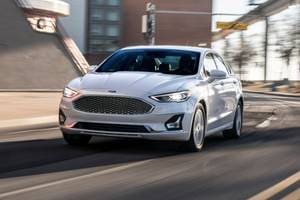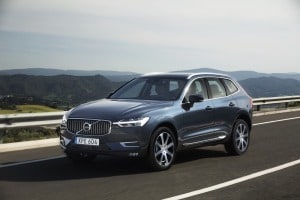New Alt Vehicle Plan Is Backward Thinking

The president's new $1 billion proposal for increasing the presence of alternative fuel vehicles in the market demonstrates the administration's drive to get Americans to accept electric-drive and natural-gas fueled vehicles to help ease our national appetite for oil — imported or domestic. By raising the alternative vehicles subsidy to as much as $10,000 per vehicle from the present income tax credit of up to $7,500 and making it available at the point of sale rather than at the end of the tax year, it would make the chosen types of alternative vehicles more affordable to more people. The proposal, which must be approved by Congress, also contains language that would promote infrastructure for natural gas fuels, electric vehicle charging and other alternatives to gasoline and diesel.
All that is good, but it continues to presume that electric-drive and natural gas are the best technologies to help wean the transportation segment from oil. These can be valuable technologies, but — and the Obama Administration isn't alone in this — it is a case of the government picking winners and closing the door on other potentially valuable technologies. We saw the previous administration, under Republican George W. Bush, put a lot of government funding into a push for hydrogen fuel-cell vehicles, a technology back-burnered by the Obama Administration. Who's to say that this president's successor, whether in 2013 or 2017, won't put EVs, plug-in hybrids and natural gas vehicles on the back-burner in favor of something else?
Rather than government pushing technology, we might all be better off if government policies — and spending — were directed at creating consumer demand. If use of oil in private transportation is the problem — from the viewpoints of national energy security and/or environmental concerns — then we need to make the use of oil-based fuels distasteful enough, through pricing and fuel efficiency regulations, that American consumers demand that automakers provide alternatives. That would bring useful and affordable alternative technologies, including electric and natural gas vehicles, into the mainstream market a lot quicker than will the present system.





